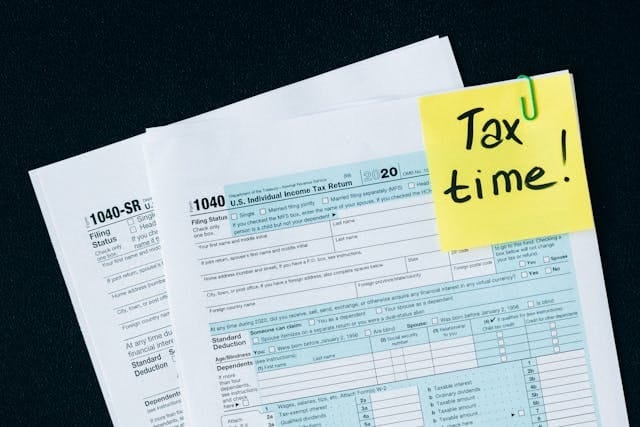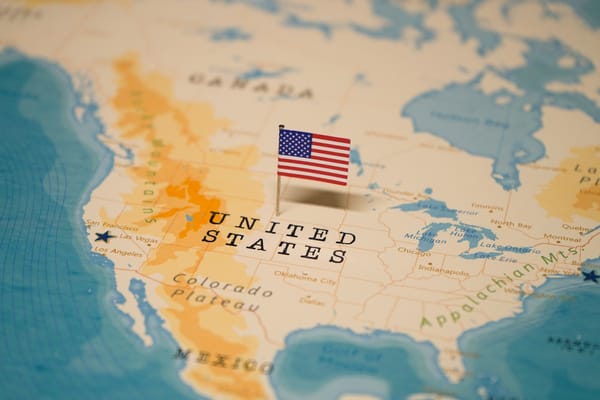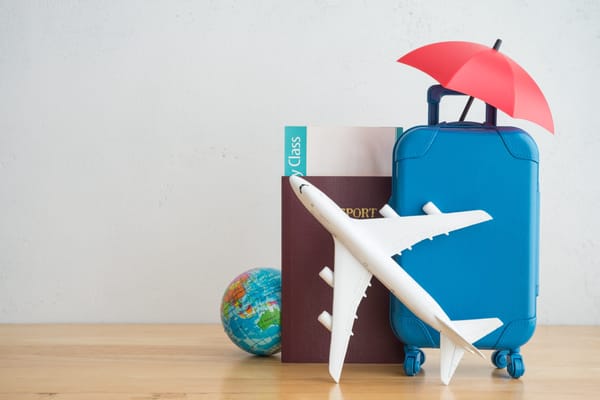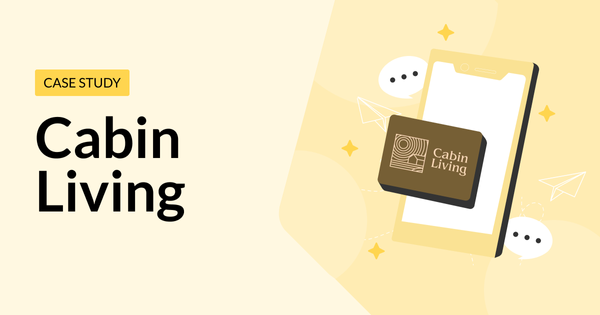Your Essential Guide to Airbnb Regulation

Over the past decade, the short-term rental market has exploded, with more property owners seeing it as a great way to cash in on those tourist dollars.
But with all this growth, there’s been a rise in regulations aimed at tackling issues like neighborhood disruptions, housing supply, and tax collection. Now, hosts are dealing with a complicated mix of rules that can vary a lot from one city—or even neighborhood—to the next.
This guide is here to help you make sense of these STR rules and regulations so you can run a safe, compliant rental business without the guesswork.

1. Understanding the Regulatory Landscape for Short-Term Rentals
Local Governments, Laws, and Limitations
For any short-term rental host, a key first step is figuring out if local laws even allow short-term rentals. Some places have outright bans, while others may have specific rules like limits on nightly stays or monthly bookings.
For example, recent changes to New York City law regarding short term rentals has put Airbnb hosts in a tight spot. Though not a de facto ban, local authorities require you go through a registration system and share data with the city to avoid running illegal short term rentals. Should you fail to do so and continue to run an str property, you could face a harsh fine from New York city officials. We’ve got hosts covered though with our handy guide to the new rules covering everything from getting your registration and data sharing done to applicable taxes.
To get clear on this and how it works in other cities, hosts can check local government websites, reach out to the community or planning department, or even chat with a local real estate attorney.
Tips for Identifying Restrictions:
- Look for any rules about max occupancy, stay length, or holiday restrictions.
- See if there are “home-sharing” programs that only allow rentals when the owner’s on-site.
- Keep in mind, regulations can vary a lot even within a city, so always check at the neighborhood or district level.
Applying for Permits from Local Officials
After confirming that short-term rentals are allowed in your area, the next step is getting the right permits. This might mean business licenses, rental permits, city ordinances, and sometimes even safety inspections.
Practical Tips for Permit Management:
- Find out which permits you need and keep copies saved both digitally and on paper.
- Label permits clearly so they’re easy to find if there’s a surprise inspection.
- Set calendar reminders for renewals to stay compliant without any hiccups.
2. Understanding Zoning and HOA Requirements
Zoning Compliance
Local governments use zoning laws divide land into categories like residential, commercial, or mixed-use properties, which affects the activities allowed in each area. For instance, in residential zones, rentals under a certain number of days might be restricted, whereas mixed-use zones may permit short-term rentals with fewer restrictions. To ensure compliance you need to get to know your zoning code.
Key Zoning Designations to Know:
- Residential Zones: Usually allow only longer-term rentals but may have exceptions for owner-occupied or primary residences.
- Commercial Zones: Often more flexible with short-term rentals but may still need special permits.
- Mixed-Use Zones: Frequently more rental-friendly, though it’s essential to check for any local restrictions specific to the area.
Navigating HOA Rules
For properties governed by an HOA (Homeowners Association), there are often extra rules to consider, especially around rentals. HOAs commonly enforce policies on rental units around things like guest limits, parking, noise, and rental durations.
Common HOA Rules to Keep in Mind:
- Guest Limits: Some HOAs limit how many guests can stay at a property at once.
- Noise Ordinances: These rules usually include quiet hours or restrictions on noise levels.
- Rental Duration: Many HOAs may not allow rentals shorter than a month to reduce turnover and maintain a peaceful environment.

3. Staying on Top of Financial and Tax Compliance
Managing Occupancy and Income Taxes
As a short-term rental host, you may be required to collect and submit occupancy taxes, also known as hotel, bed, or transient occupancy taxes, depending on your area. While platforms like Airbnb sometimes handle this automatically, it’s essential to confirm your specific tax responsibilities and ensure everything is filed correctly.
Steps for Staying Tax-Compliant:
- If the platform doesn’t automate occupancy tax collection, set up a system to collect it from guests directly.
- Use accounting software to organize expenses and make income tax season easier.
- Consider working with a tax professional to help maximize deductions and manage any complex tax requirements.
Keeping Records for Tax Benefits
Good record-keeping is essential for making the most of tax deductions, especially for expenses like cleaning, maintenance, and repairs.
By keeping everything organized, you’ll not only be ready in case of an audit but also ensure you’re taking advantage of all available tax benefits.
Here are a few tips:
- Use a separate bank account just for rental income and expenses.
- Store digital copies of receipts and organize expenses by category each month.
- Chat with a tax advisor to make sure you’re claiming every deduction you’re eligible for.
Consider Hiring a Tax Professional.
At the end of the day, you have a business to run and a hiccup in taxes can cost you more than hiring a professional ever would. Setting aside some room in your budget for tax purposes will free up your time and ensure you don’t run up against any laws and regulations.
4. Insurance and Liability Protections
Insurance is essential for any short-term rental business. Standard homeowners’ insurance may cover some short-term rental use, but many policies don’t.
It’s worth looking into insurance options specifically designed for vacation rentals to make sure you’re fully covered.
Types of Insurance to Explore:
- Homeowners’ Policies: Often limited, but some offer add-ons to cover rentals.
- Vacation Rental Insurance: Tailored policies that provide more complete coverage for rentals.
- Airbnb’s Host Guarantee: Offers some damage coverage but usually doesn’t cover liability, so additional insurance may still be needed.
Guest Liability Considerations
If your property has amenities like a pool, gym, or sauna, liability waivers can help clarify guest responsibilities and add an extra layer of protection.
While waivers aren’t perfect, they’re a good step toward minimizing risk.
When considering liability waivers:
- Consult a lawyer to ensure your waiver is legally sound.
- Highlight safe usage guidelines in your property listing and welcome materials.

5. Ensuring Safety Standards Are Met
Having the right safety equipment is essential, not just for peace of mind but often for meeting short-term rental regulations.
Key items like smoke detectors, carbon monoxide alarms, fire extinguishers, and accessible first aid kits are must-haves.
Safety Tips for Hosts:
- Review local regulations to make sure you’re meeting all safety requirements.
- Schedule annual checks to confirm that all safety equipment is working properly and up to date.
Being Ready with Emergency Contacts
Having a visible list of emergency contacts can reassure guests and improve safety. This should include numbers for emergency services, nearby hospitals, and personal contacts for any urgent maintenance issues.
Tips for Emergency Contact Lists:
- Put the list in an easy-to-spot place, like a welcome guide or near the main entrance.
- Make sure guests have a way to reach you or a property manager for any urgent issues, day or night.
6. Following Anti-Discrimination Standards
Short-term rental hosts are required to follow anti-discrimination laws, which apply both in online interactions and listing descriptions. It’s important to avoid any statements in Airbnb listings or questions that might come across as biased or discriminatory.
Guidelines for Fair and Inclusive Practices:
- Steer clear of statements about race, religion, or any protected characteristic.
- Review the anti-discrimination policies of the platforms you’re using to stay compliant.
Creating a Respectful, Welcoming Listing
An inclusive, welcoming listing can build trust with guests and attract more bookings. Focus on highlighting the property’s features and amenities in a way that respects guest privacy.
Tips for a Guest-Friendly Listing:
- Emphasize the property’s standout features and nearby attractions.
- Avoid asking for personal details that may feel intrusive or unnecessary.

7. Offering Optional Accessibility Accommodations
If you’re marketing your property as accessible, it’s essential to meet ADA standards. This means that any accessible amenities should be in good working order and accurately described in the listing.
Guidelines for Accessibility:
- List any accessible features you have, like ramps or handrails, if possible.
- Be upfront about any limitations to avoid misrepresenting accessibility.
Making Simple Accommodations
Small, affordable adjustments can make your property more comfortable for guests with disabilities. Options like a portable ramp or bathroom safety bars can go a long way.
Examples of Simple Accommodations:
- Provide a shower chair or add grab bars in bathrooms.
- Ensure there are clear, accessible pathways from parking areas to the property.
8. Staying Up-to-Date and Adapting
Short-term rental regulations in many cities change often, so keeping up with the latest rules is key to avoiding fines. Regularly check local news, government sites, and industry newsletters to stay informed.
Using Guest Feedback to Improve
Guest feedback can reveal areas where you might need to adjust for better compliance. Listening to guests’ concerns can help you catch issues you may have missed and improve both your compliance and their experience.
Tips:
- Schedule regular check-ins on legal updates.
- Treat guest feedback as a valuable tool for spotting potential improvements.
9. Creating and Sharing House Rules
Setting clear house rules is essential for avoiding misunderstandings and enhancing the guest experience. Rules around noise, parking, and pet policies can help ensure everyone has a smooth and enjoyable stay.
Effective Communication Tools
Using automated messages, printed welcome packets, or even apps can be great ways to share house rules. Keeping the language simple and friendly makes guests feel informed instead of restricted.
Strategies for Enforcement
If rules are broken, it’s important to address the situation diplomatically. Consider holding a security deposit or using review systems as part of your strategy. Make sure to outline clear, respectful consequences in the rental or lease agreement to help minimize conflicts.

Final Thoughts
Compliance is the cornerstone of a sustainable short-term rental business. When hosts follow local regulations and applicable laws, manage their taxes, and prioritize safety and inclusivity, they create a secure environment for everyone to enjoy.
With the right tools, like iGMS, hosts can simplify compliance management and streamline guest communication, which lets them focus on what matters most: providing a memorable guest experience.






